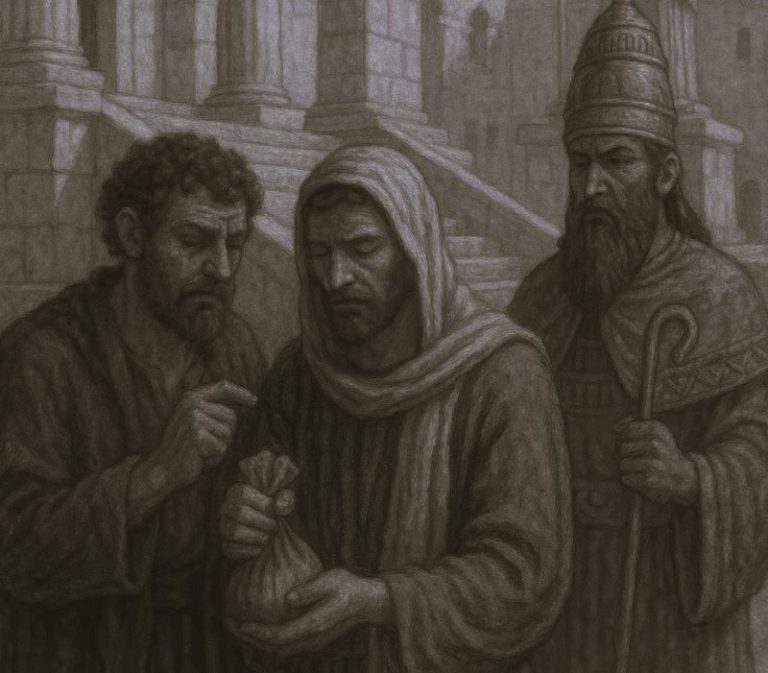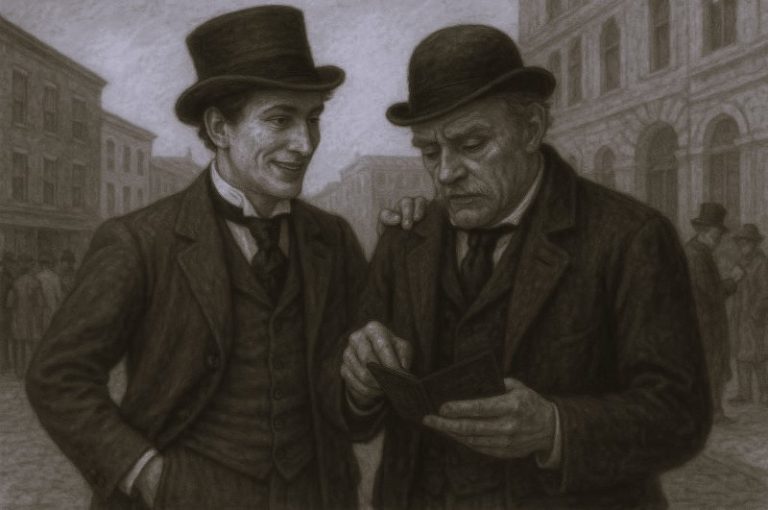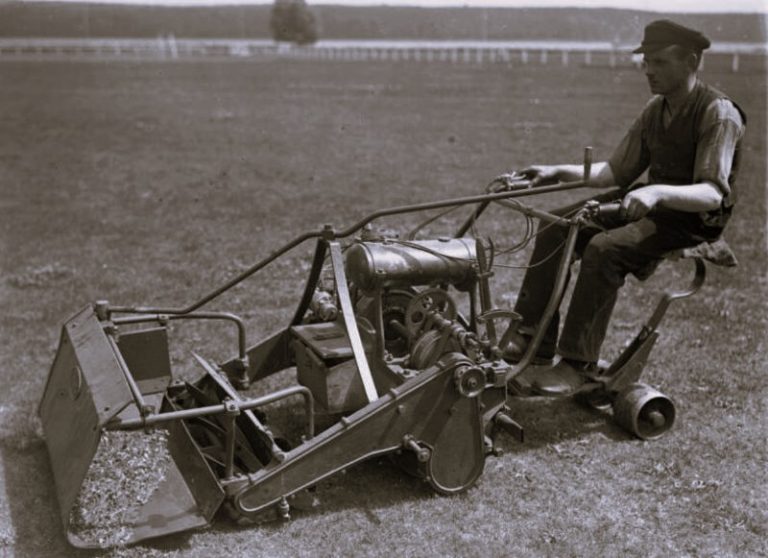

Artificial Intelligence is among the modern technologies that are transforming lives. AI has many applications, including historical research. People can get a 25 euro no deposit and other benefits because AI has improved the gaming industry. Digging and probing historical events is man’s best endeavor, and Artificial Intelligence has simplified it.
Historians can now unlock secrets hidden in ancient documents. AI has connected historical analysis with modern technology in ways we have not seen before. We will explain how professionals are using artificial intelligence to make discoveries.
Ithaca
Ithaca is an artificial intelligence algorithm. It has enabled historians to restore Greek inscriptions. These professionals believe these inscriptions might be 700 BC to 500 AD old. Ithaca is the property of DeepMind, a British AI firm. Able to recognize up to sixty thousand Greek texts, Ithaca is over sixty percent accurate.
Facial Recognition
Anyone can read World War II history if they feel like it. However, it is hard to see the faces of those in the WWII Holocaust without the intervention of AI tools. Historians can now use the Facial Recognition AI to view the WWII Holocaust images.
This is possible because of Daniel Patt, a software engineer for Google and N2N (Numbers to Names). Patt is also a descendant of those who survived the Holocaust genocide.
The N2N project involves scanning thirty-four thousand photos from the United States Holocaust Museum. Others came from the families of Holocaust survivors.
Predicting future climate changes via historical data
AI can now let us know the weather conditions we might face in the future using historical data. Some Japanese scientists based at Kyoto University have used past climate data to forecast future weather patterns. Their success story was in the Frontiers in Robotics and AI journal.
With deep neural networks, a machine learning technology, they analyzed the average monthly temperatures that occurred from 1901 to 2016. They successfully recorded temperature fluctuations that occurred in the past one hundred and fifteen years.
Finding lost languages
Now there is an artificial intelligence algorithm for detecting lost languages. Some scientists from the Massachusetts Institute of Technology managed to bring dead languages to life. They made an algorithm system for decoding lost languages in their Computer Science and Artificial Intelligence Lab.
Then, they managed to decipher one language using the algorithm’s ability to interact with ancient language sounds. People can now translate these languages and speak them again with the assistance of this algorithm.
The Dead seas Scrolls
At the University of Groningen, Netherlands, research fellows used artificial intelligence to discover the Dead Sea Scrolls. These ancient scrolls existed from the 4th century BC. The Dead Sea Scrolls are the most ancient Hebrew Bible manuscripts.
Like other AI researchers, they used computer technologies and artificial intelligence to make this discovery. They concluded that two ancient people might have created those scrolls. Before this research, people recognized only one author.
Conclusion
As you can see, historians have made discoveries using AI technology. We have not even told you how to meet ancient people in 3D via AI. AI usually predicts future events. Now it can expose past events with clever algorithms.






